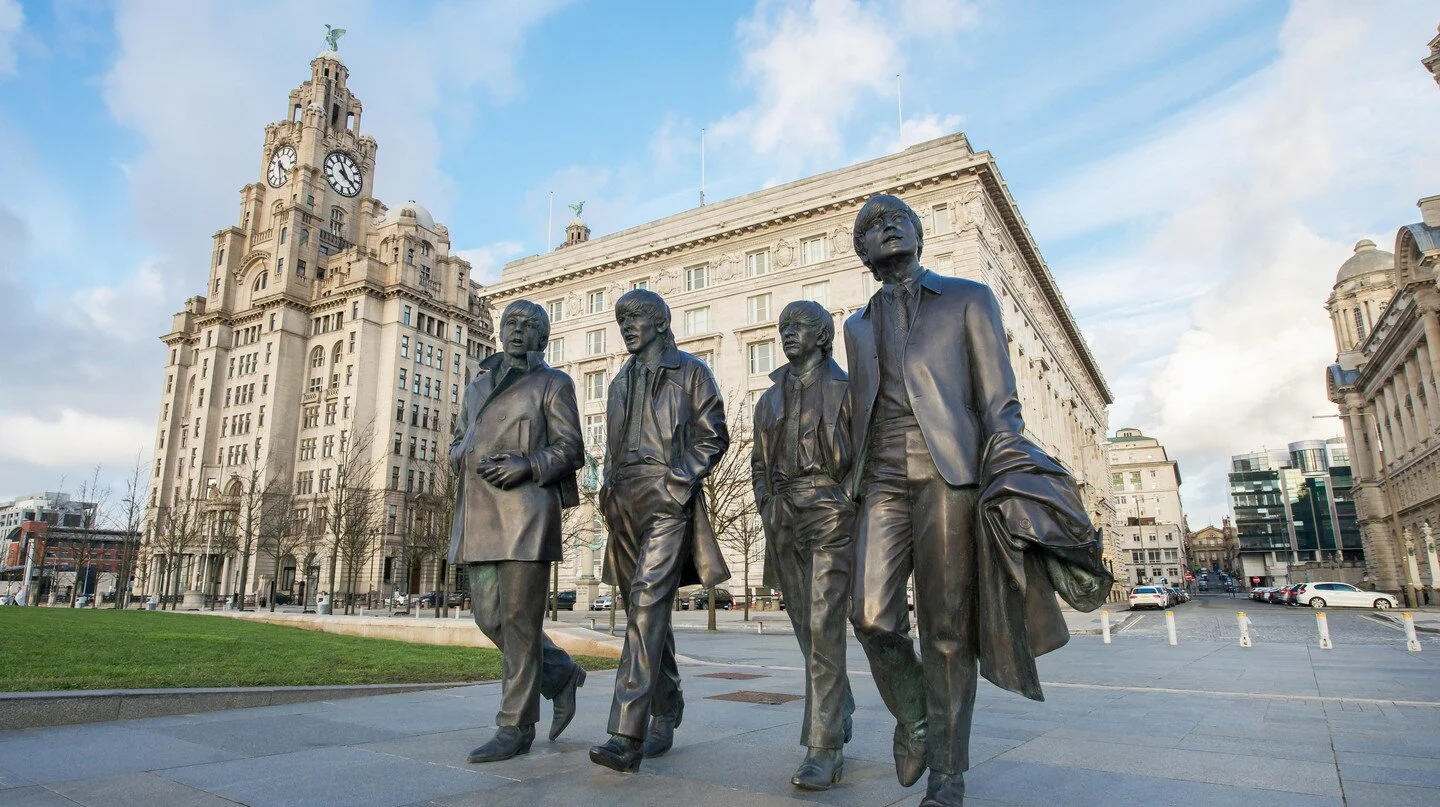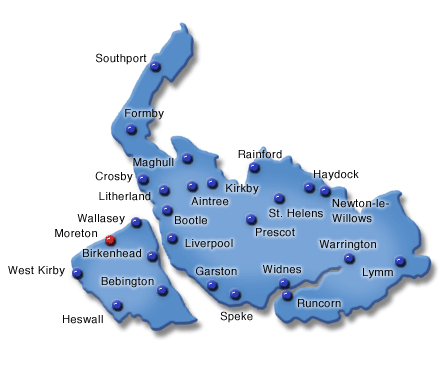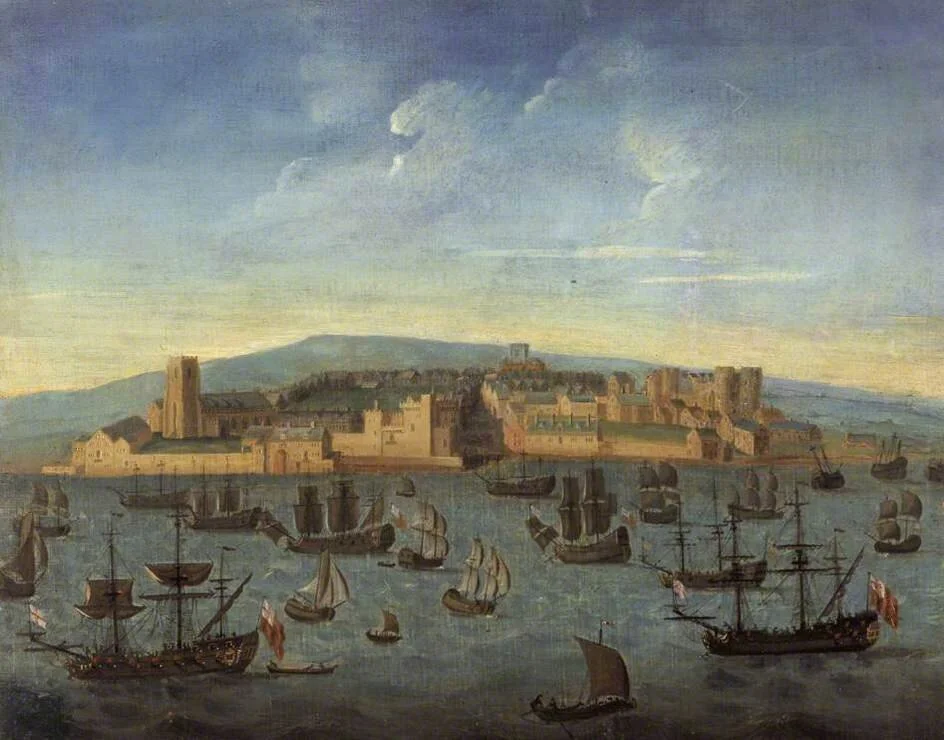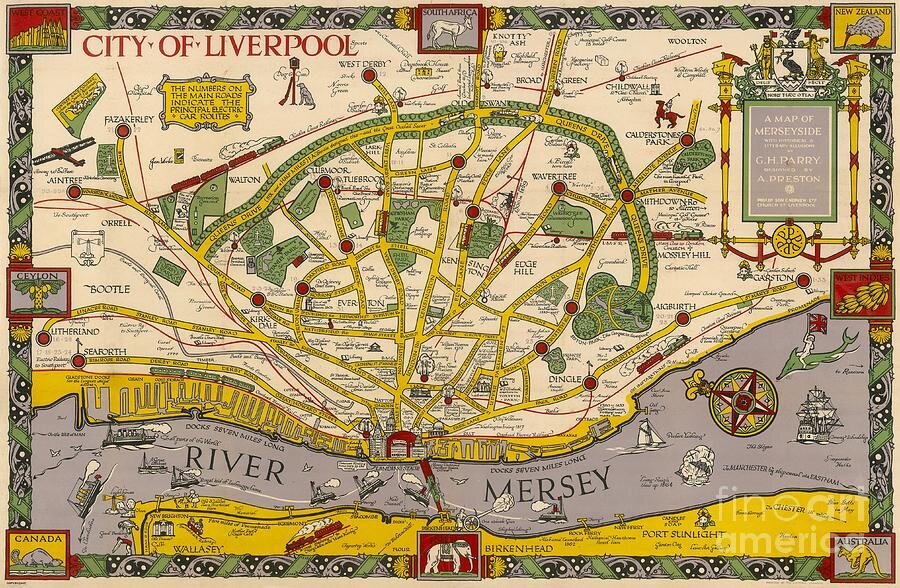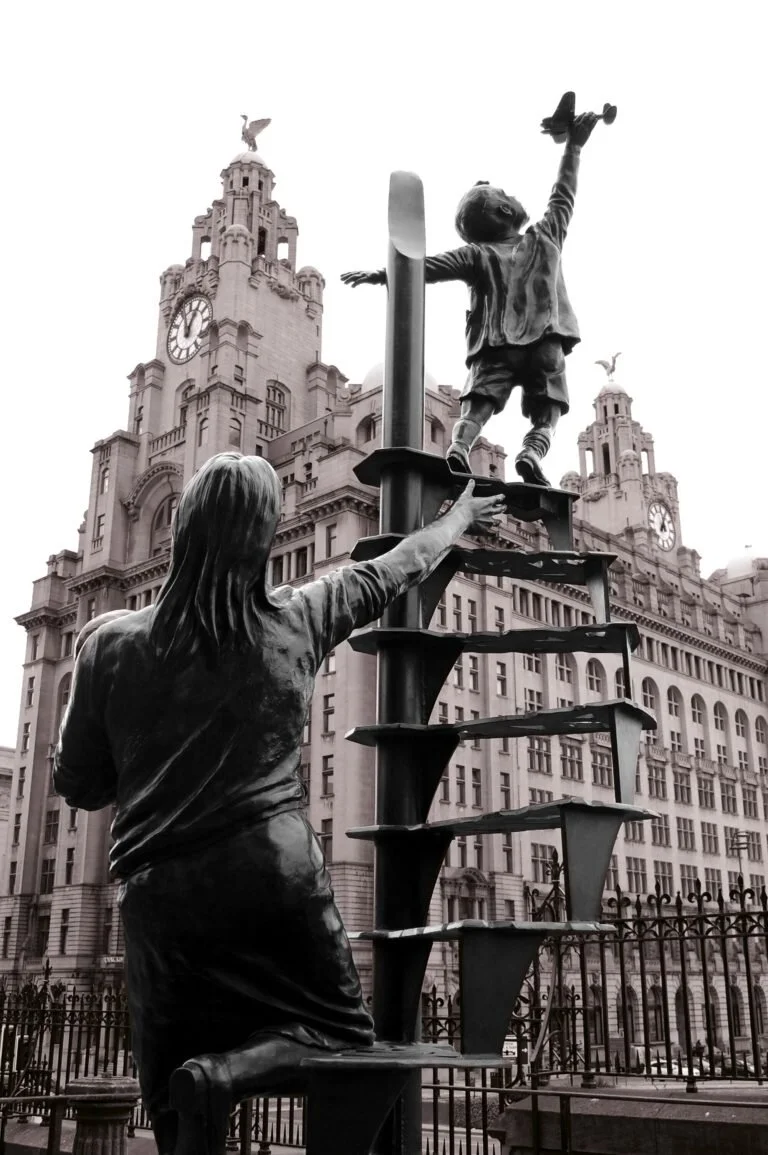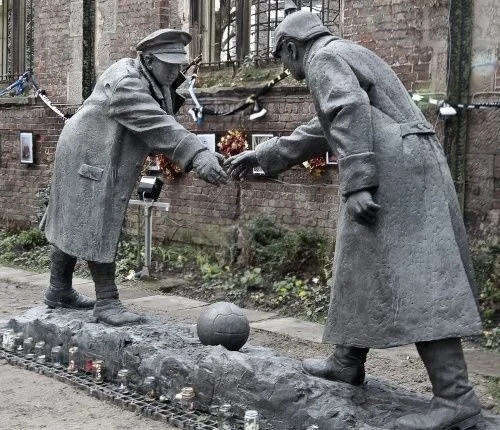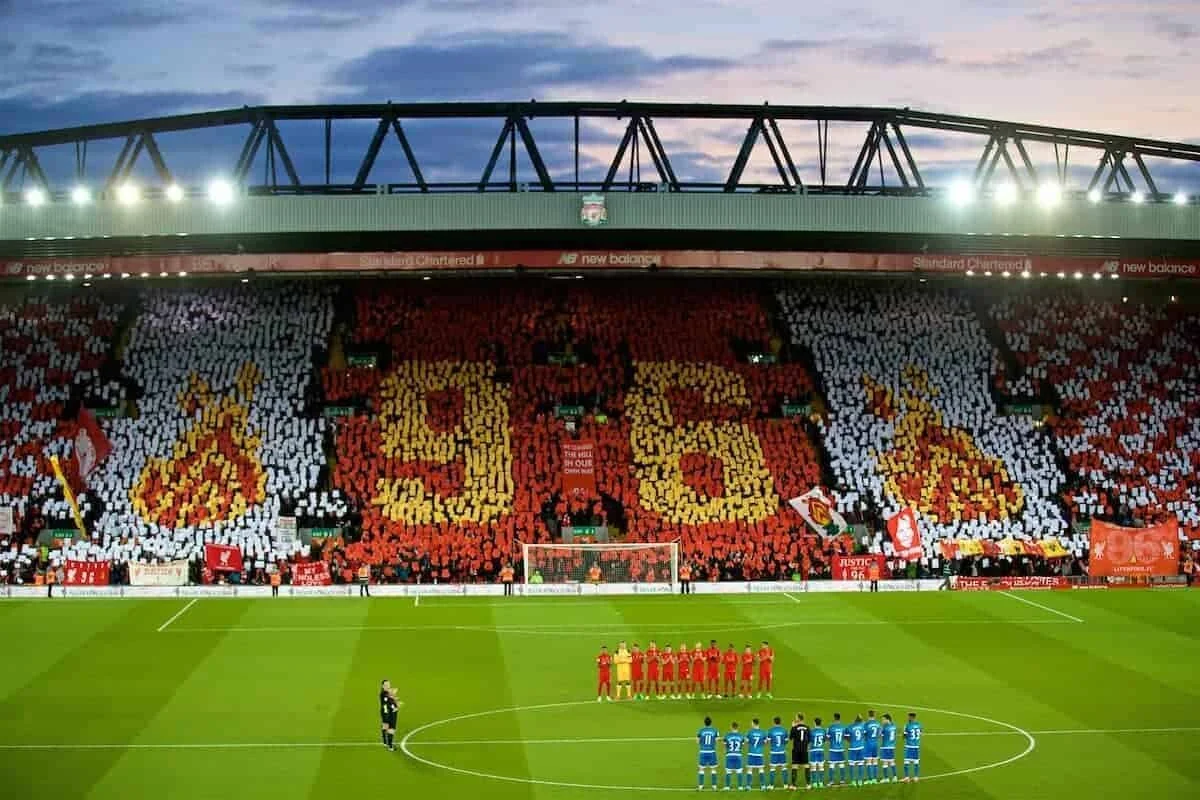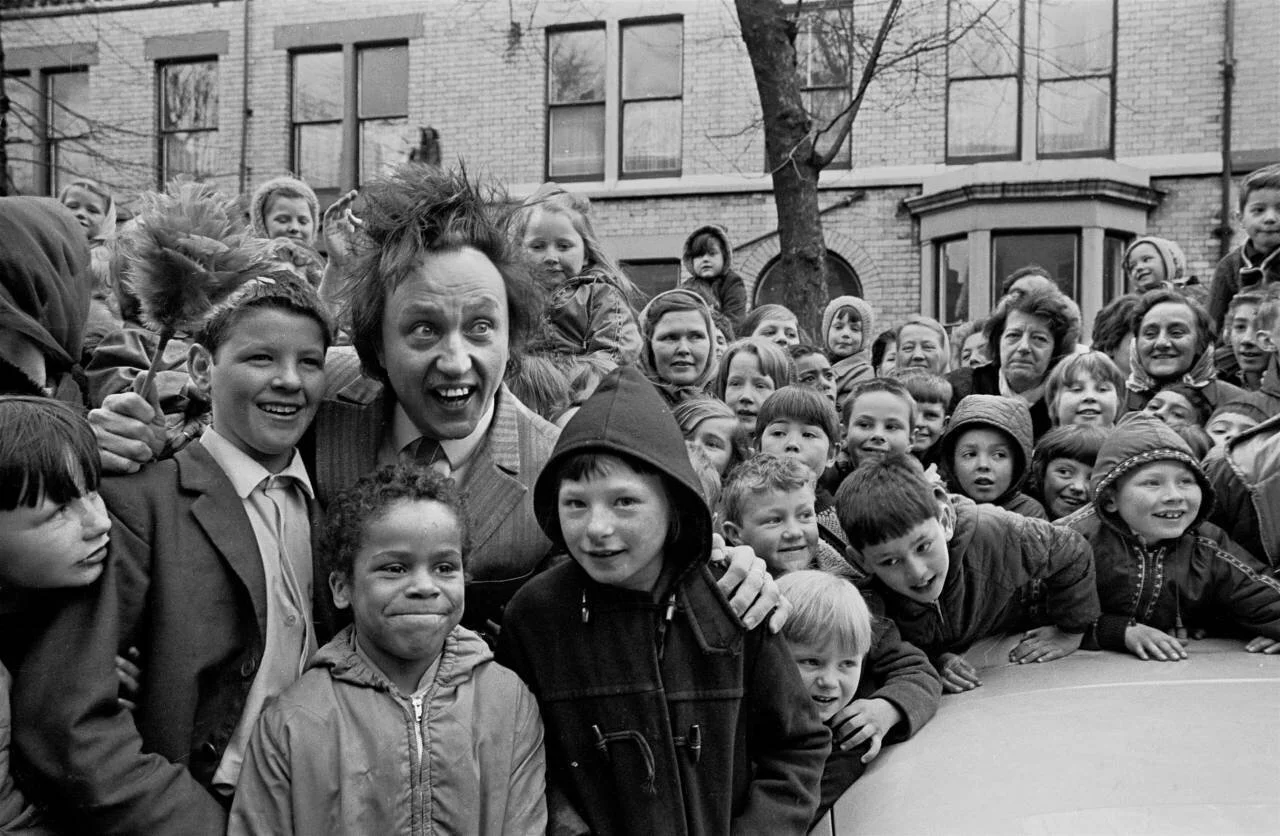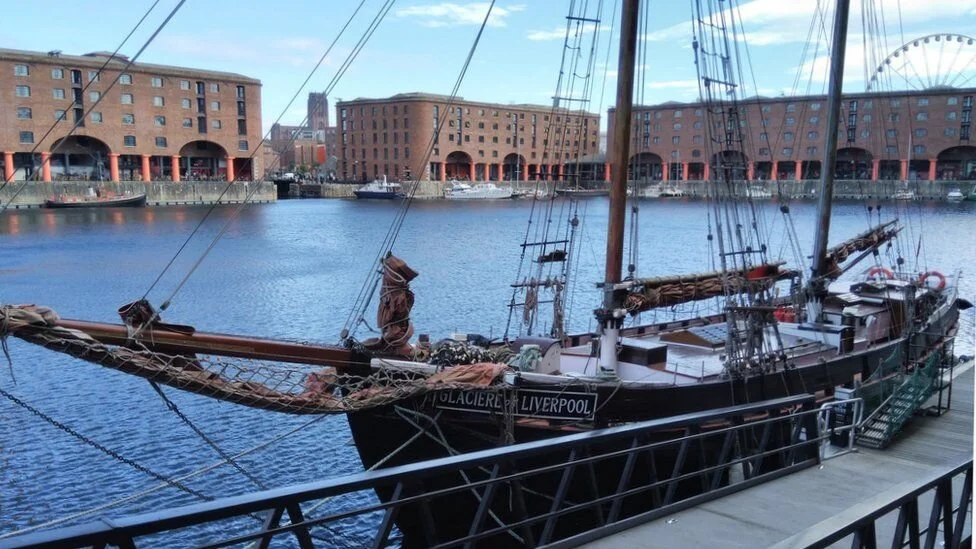By The Landlord
“A good place to wash your hair, Liverpool. Good soft water.” – John Lennon
“Liverpool is full of the kind of people who go out on a Monday, and couldn’t care less about Tuesday morning.” – George Harrison
"You're Graham Souness – you look like me." – Yosser Hughes, Boys from The Blackstuff
It’s a magnificent melting pot port and more, a cauldron of music and football and trade, a place of triumph and tragedy, dark history, docks and dirty jokes, sailors, unsinkable spirit, cockles and cockiness. Liverpool was described in the 1850s as the New York of Europe, as well as Ireland’s second city – east Dublin, and after a certain band did rather well in the 1960s, as the capital of pop. No wonder it’s a lively place - it’s filled with Irish, Welsh, Swedish and much more heritage, a whole range of multicultural and ethnic influx. It has Britain’s longest established black community and Europe’s oldest Chinese community. And for all those reasons, inevitably it’s rich in stories, writing and song, authors and actors, and many other big personalities. And so now at last, it’s time to celebrate the area of Liverpool and Merseyside here at Song Bar.
So this topic is not about shouting out bands and musicians from the area, though of course they may figure, but anything about it in general or specifically – the streets, buildings, landmarks, districts, history, the people, accents, broader culture and more. So it may likely also feature artists who aren’t from the area, but refer to any aspect of the place in lyrics.
It’s almost impossible to capture such a colourful and complex place and Liverpool and its surrounds in one short introduction, but hopefully the songs that this inspires will help to fill in more. And while Liverpool itself will no doubt take a central role, this is also about the full five boroughs of Merseyside, so that’s the City of Liverpool, St Helens, Knowsley, Sefton and The Wirral.
Merseyside
So while your songs might mention, for example, Royal Albert Docks, Mathew Street, Hanover Street, Williamson Square, Lark Lane, the Kop, Goodison Park, Croxteth Hall, The Cathedral, The Cavern, Concert Square, Bold Street, Penny Lane and Strawberry Fields (bearing in mind songs previously chosen for other topics), you might also want to consider anywhere from Birkenhead to Port Sunlight, Bidson Hill to Wirral Country Park, Aintree Racecourse to Crosby Beach, Formby, Birkdale or Southport, Haydock Park or Knowsley Safari Park and of course the River Mersey, its tunnels and anything associated with its history.
Liverpool was first written and recorded around 1190 as Liuerpul, and according to the Cambridge Dictionary of English Place-Names was defined as "a pool or tidal creek now filled up into which two streams drained”. It also means muddy pool, its port defining so many aspects of its history and culture.
A depiction of Liverpool in 1680
Vintage Liverpool map 1934
It was the Irish famine of the 1840s which saw Liverpool’s biggest influx of immigrants, and and the industrial revolution that fuelled its growth, as well as being a major hub for ships that plied the slave trade and also brought cotton back from the US. Suffering and exploitation are very much woven into the fabric of British history. Liverpool was the registration port of the Titanic, the city underwent a massive building programme of council housing the 1920s and 1930, but also suffered massive bombing in the Second World War, leading to more rebuilding especially around Seaforth Dock and also more huge immigration postwar. Beryl Bainbridge’s The Dressmaker is among many great novels to capture wartime Liverpool and its hardships. Since 1952 Liverpool has been twinned with Cologne, Germany, a city which also suffered severe aerial bombing. The city has always been strong on memorials and tributes.
Blitz memorial
All Together Now sculpture at St Lukes Church, symbolising Christmas Day 1914’s football game on a wartime bombed area
Like many places, Liverpool has gone through growth and recession many times, and like its football times, has suffered extremities of triumph and tragedy, trophies and tears, not least the Hillsborough Disaster on 15 April 1989, where scandalously heartless and incompetent policing led to a deadly crush in the ground and the deaths of the 96. With a largely working-class culture and defiantly leftwing, to this day city refuses to sell Rupert Murdoch’s Sun newspaper over its outrageously inaccurate reporting on that tragedy (and much else).
For the Hillsborough 96
The 1980s seemed to be the most extreme for Liverpool’s fortunes. In the midst of continuing world-beating football success for both Liverpool and Everton, there was also the culminating decline of the docks and mass unemployment in the 1980s Thatcher era, which became one of its defining flashpoints. Thatcher was intimidated by the city and sought to ostracise it.
Amid all of these troubles, and like in any city where diverse groups struggle against poverty amid crime and conflict, among all the hubris there is also humour, captured brilliantly in Alan Bleasdale’s Boys From the Blackstuff. Bleasdale, along with Jimmy McGovern, are for me two of Britain’s, if not the world’s greatest ever TV screenwriters. My favourite scene, with perhaps one of the best pieces of group acting on TV, happens in the final episode of utterly comic / tragic chaos, where after George’s funeral, the main characters Chrissie and Loggo gather in The Green Man pub, and amid crazy scenes of bird whistles and ventriloquist dummies, and newly unemployed blowing their redundancy on massive rounds, the character “Shake Hands” decides to greet everyone with his iron grip before finally encountering the manic depressive hardman Yosser ‘Gis a Job’ Hughes.
But while scenes like this are painfully funny in a dark, depressing setting, there’s also something unsinkably cheerful about Scousers. Another side to the droll delivery of Chrissie in BFTBS is that perkiness of the Liverpool character, encapsulated in the larger than life genius of standup, Ken Dodd, the man who made Knotty Ash famous, and would regularly do exhausting four-hour shows of stream-of-consciousness wit marked by endless optimism and and a joyful lack of cynicism. Here he is with a bunch of local kids from many backgrounds, summing up in many ways the spirit of Liverpool in 1969:
Ken Dodd with fans in 1969
It’s the people that make Liverpool and Merseyside what it is, and perhaps what is most unique is the accent, a nasal delivery that flattens the Ds and the Ts, a concoction of sounds perhaps influenced in part by Irish and Welsh but also unlike anything else in the UK. The word Scouse stems from a ‘lobscouse’ stew, perhaps with origins in Norway, and Viking times, and popular with sailors, like the German 'Labskaus', and Welsh ‘lobsgows' and traditionally made with hard tack and bully beef.
Albert Dock
Liverpool itself is also a place of many firsts in culture and education, transport, science and charity, from building the first railway tunnels and one end of the inaugural intercity steam train route from Manchester which opened on 15 September 1830. Its also the home of pioneering trams, the first School for the Blind, the origins of the RSPCA and NSPCC, Citizens’ Advice and Age Concern, The Liverpool School of Tropical Medicine and the first lending library, The Lyceum. The strength and warmth of community, among all its historic hardships, is perhaps one of Liverpool’s greatest assets.
And to close, here’s a glimpse of Liverpudlian Terence Davies’s wonderful, emotional documentary tribute to the city filled with exquisite film footage.
So then, it’s time to turn over to our own community, one with many roots and experiences in Liverpool, which makes writing this introduction even harder with so many experts and locals among us. This week’s honorary scouser, I’m delighted to announce, with a big welcome, is making a Song Bar guest guru debut – and one of our newest contributors below the line too – the unsinkably excellent Alaricmc! Place your Liverpool and Merseyside related songs in comments below in time for The Green Man bell ringing at 11pm on Monday UK time, for playlists published next week. G’wed then … and to the five boroughs!
New to comment? It is quick and easy. You just need to login to Disqus once. All is explained in About/FAQs ...
Fancy a turn behind the pumps at The Song Bar? Care to choose a playlist from songs nominated and write something about it? Then feel free to contact The Song Bar here, or try the usual email address. Also please follow us social media: Song Bar Twitter, Song Bar Facebook. Song Bar YouTube, and Song Bar Instagram. Please subscribe, follow and share.
Song Bar is non-profit and is simply about sharing great music. We don’t do clickbait or advertisements. Please make any donation to help keep the Bar running:

